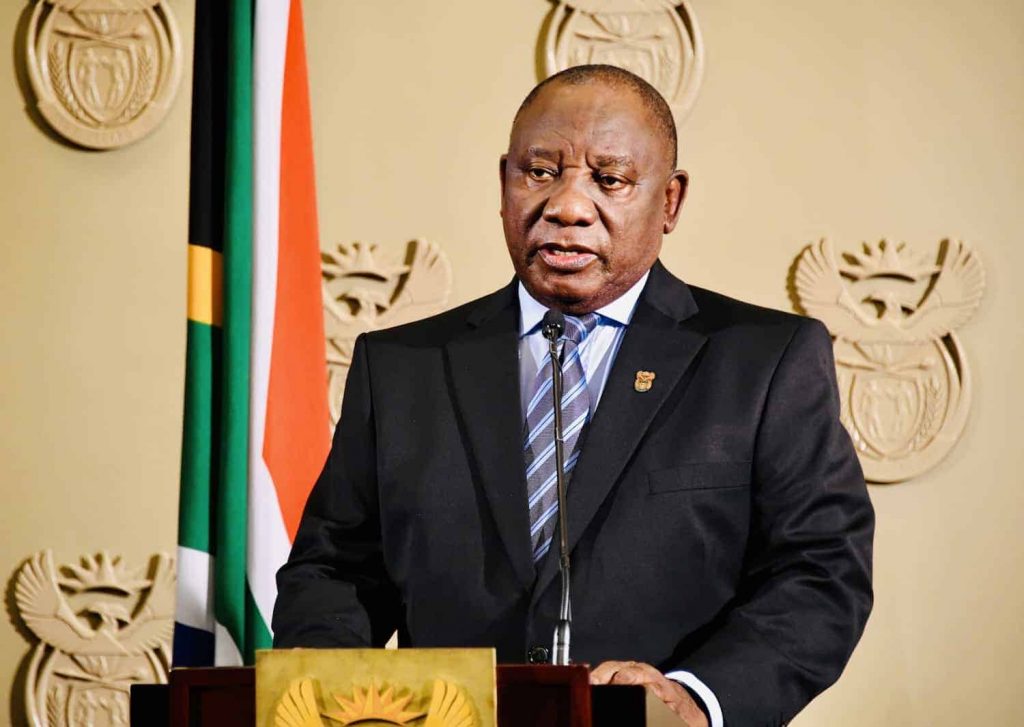President Cyril Ramaphosa says the economic empowerment of women will bring the country closer to its Constitutional aspiration of meaningful equality between men and women. The President stated this in his weekly newsletter.
President Ramaphosa said that although other sectors like justice, sports and culture have been making progress to level the playing field between men and women, economic empowerment – a key milestone in realizing equality – still remains elusive.
“There are more men in employment than women. Men are more likely than women to be in paid employment, and women are more likely to be doing unpaid work. The most recent employment numbers show the unemployment rate of black African women is the highest at 41% percent, more than 4 percentage points higher than the national average,” he said.
President Ramaphosa noted that the upcoming Women’s Economic Assembly offers an opportunity to engage in ways economic equality can be attained.
The President said delegates from government, civil society and the private sector are expected to come together at the assembly “in an effort to develop a common plan of action for advancing women’s economic empowerment”.
“The Women’s Economic Assembly will consider how supply chains can be used to benefit women-owned businesses, address the policy impediments to women’s economic empowerment, and improve access to financing for women-owned businesses, especially rural enterprises.
“A number of economic sectors, such as automotive, agriculture, mining and energy, will present commitments and action plans to enhance the participation of women-owned businesses. Some government departments and state-owned enterprises will also present their commitments,” he said.
President Ramaphosa noted that the government has been at the forefront of supporting women-owned businesses through government procurement, establishing frameworks, holding capacity building workshops for female-led businesses and connecting women to opportunities for participation in public procurement.
He added that although it is critical, public procurement is not the only sector government has been actively involving women.
He highlighted that for women’s economic equality to be realised, the private sector needs to come on board.





Comments are closed.